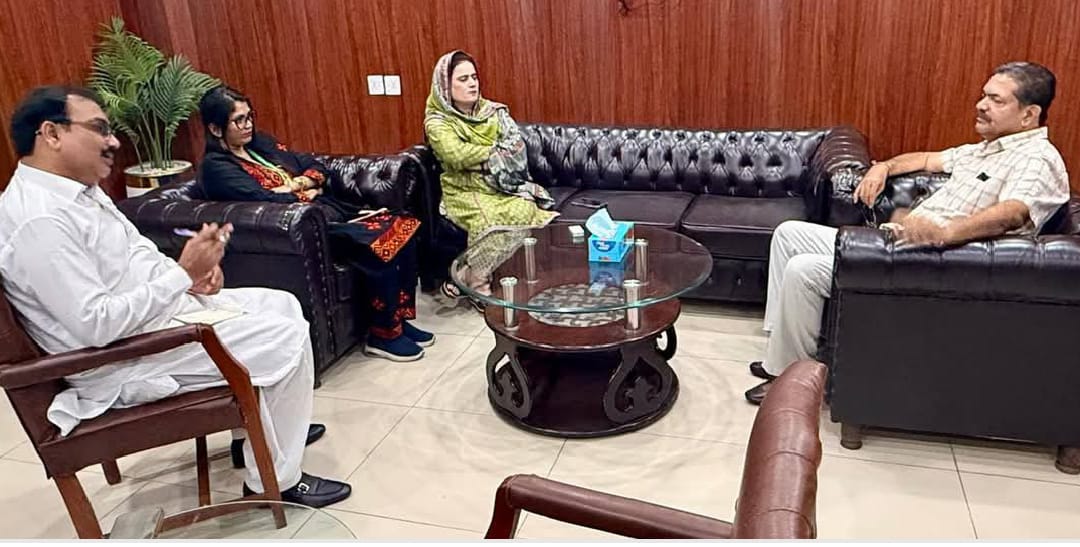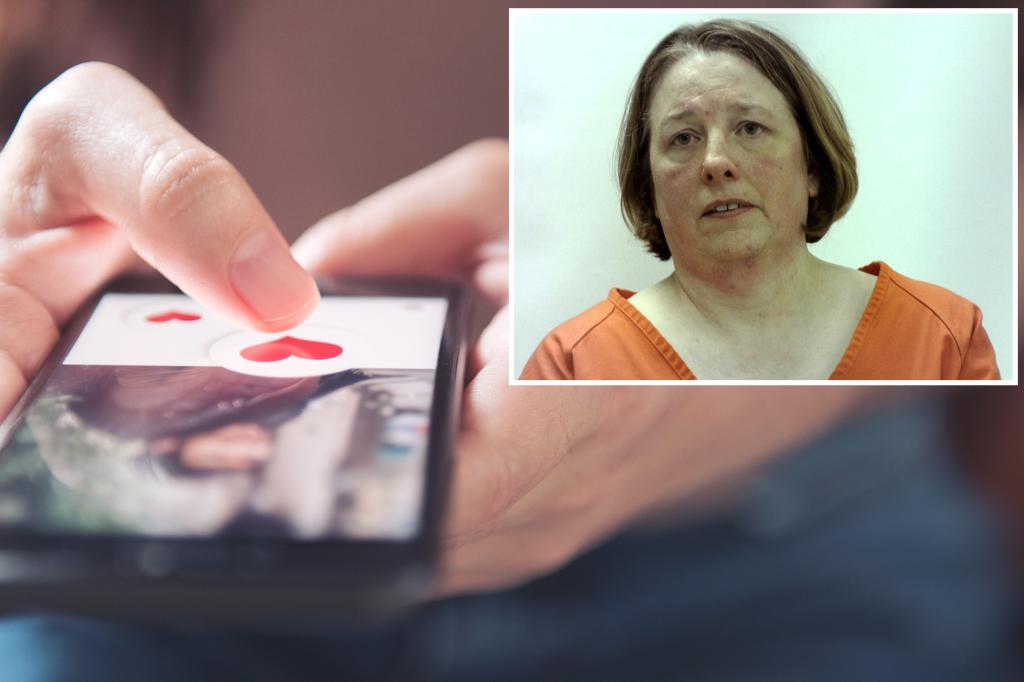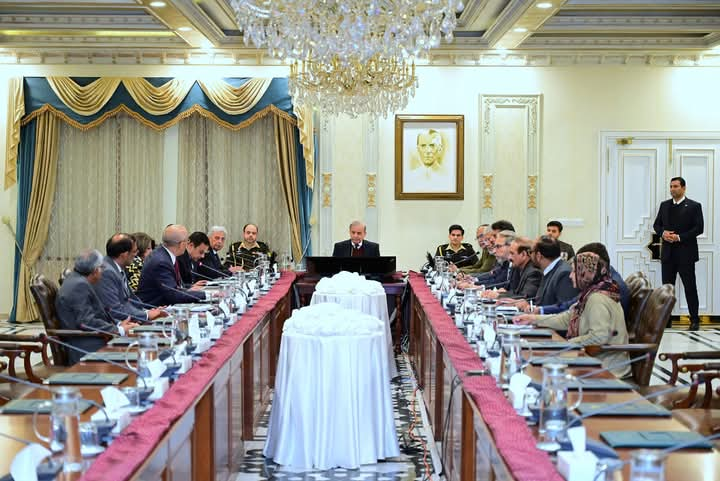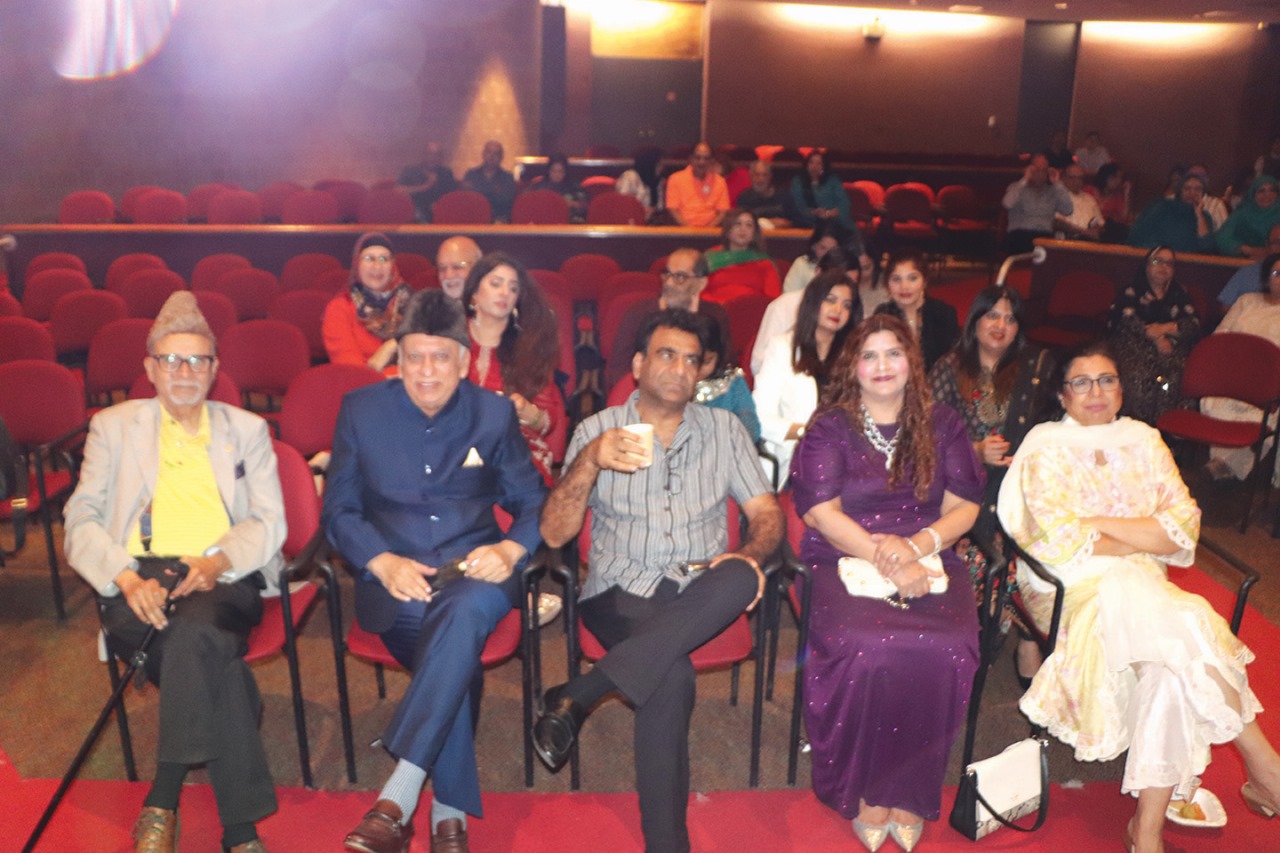(By; Nazia Naz defender and International researcher on human Rights)
On 12.11.2015 , I had the privilege of participating in a high-level meeting with Rajvir Singh Sodha, Special Assistant on Human Rights, Shahena Sher Ali, Minister for Women Development, Deputy Secretary Akaber and the Coordinator to the Special Assistant to the Chief Minister, Sindh. The discussion focused on some of the most pressing human rights challenges facing our province and explored strategies for effective reforms.
The agenda covered critical issues including child labour, child marriage, harassment against women and the rights of transgender individuals. These topics remain central to Sindh’s social development, as vulnerable populations continue to face systemic neglect, exploitation, and discrimination. The meeting emphasized the urgent need for coordinated interventions and the implementation of evidence-based policies to protect these communities.
During the session, I highlighted the realities observed in the field as a frontline human rights defender and shared insights from my work across Sindh, including the challenges in enforcement of existing laws and the social barriers preventing access to justice. The discussions also underscored the importance of preventive measures, awareness campaigns and stronger institutional mechanisms to monitor compliance with child protection and gender equality laws.The Ministers and senior officials welcomed recommendations for innovative and sustainable interventions, including community-based programs to reduce child labour, campaigns to prevent early and forced marriages, mechanisms to address harassment and abuse against women and initiatives to ensure transgender communities are included in development and protection policies. Future planning also emphasized the integration of these strategies into Sindh’s broader social welfare and human rights framework.This meeting marked a significant step toward building a collaborative platform where government officials, human rights defenders and community representatives can work together to reform existing systems, enhance accountability and promote justice. It was heartening to see commitment from all stakeholders to address these issues with urgency, transparency and a long-term vision.
As we move forward, I remain dedicated to translating these discussions into actionable strategies, ensuring that the most marginalized populations in Sindh have access to protection, opportunities and dignity. Working alongside committed leaders, I am confident that sustained efforts can drive meaningful change and create a future where children, women and transgender communities can live free from exploitation, discrimination and harm.



